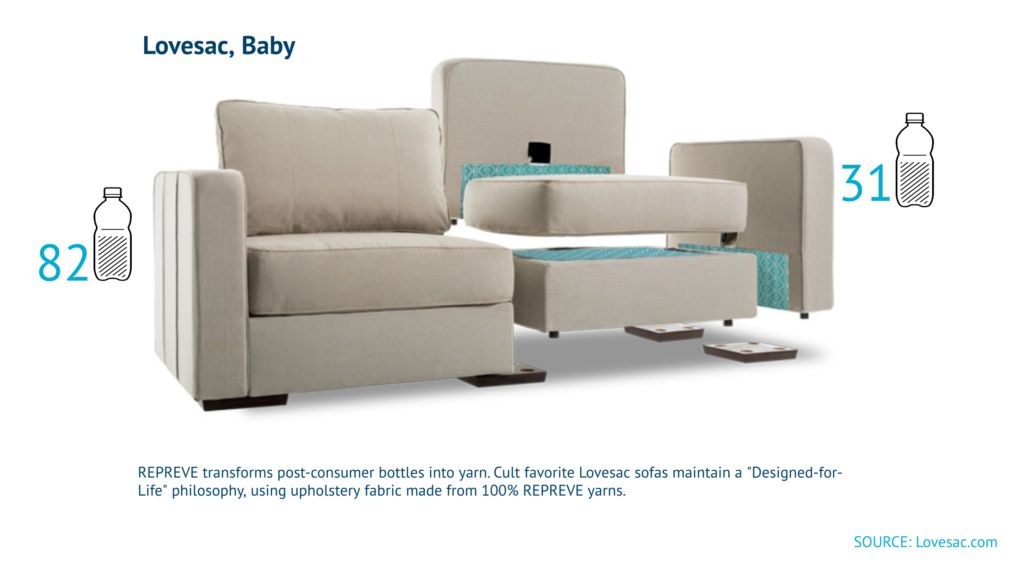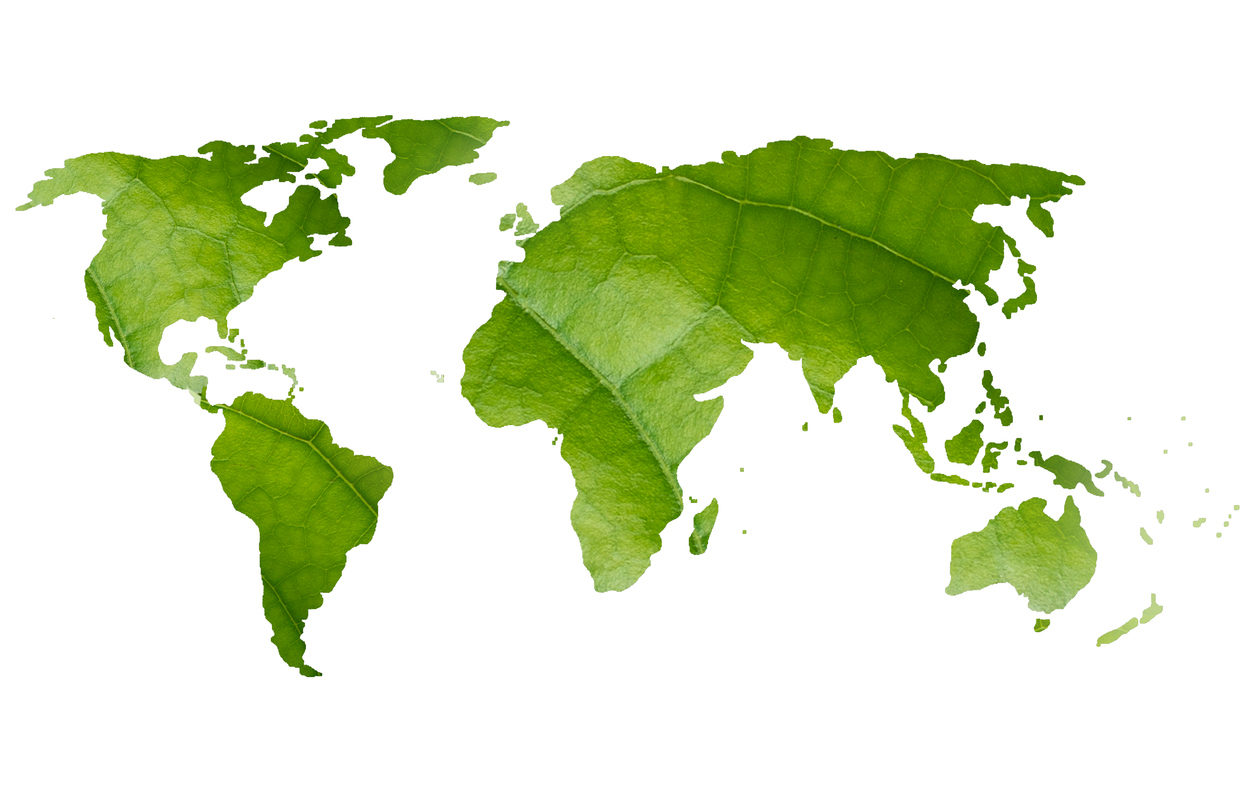Published 07 February 2020
Demand for sustainable products could begin to reshape global trade, as more people grow concerned about where their products come from.
Trade with a global conscience
Never before have we been more conscious of exactly what our products are made from, where they come from, and even where they will go once we’re done with them.
Consumer thirst for sustainably sourced, reusable and ethically designed products seemed to swell in 2019 and shows no signs of diminishing in 2020. According to Nielsen surveys, about half of American consumers in recent years claim they would change their consumption habits to reduce their impact on the environment, but only now they are starting to put big dollars behind those values. Nielsen expects spending on sustainable consumers goods to rise to US$150 billion in the United States by 2021.
The growth in demand isn’t generational (though Millennials seek sustainable products out at higher rates) or limited to wealthy consumers. In the Nielsen survey, 81 percent of global respondents feel strongly the companies they buy from should help improve the environment. They worry about convenience and price, but also pollution and resource shortages.
As major companies and industries reshape their supply chain networks to improve sustainability, international trade will be affected. Countries that produce major commodities risk losing business if they don’t adapt to the sustainability demands placed on them, and new opportunities will open up for individuals, companies and nations that can meet them. New trading relationships will be forged and once booming industries may wane.
On trend
Savvy entrepreneurs worldwide understand that making products people can use and reuse with a guilt-free conscience, or at least free from the disapproval of others, is a key selling point that differentiates and elevates their brand and product in the competitive consumer goods market. By implementing regulations such as a ban on certain single-use plastics, governments are stoking demand by forcing consumers to seek out alternatives.
It is unsurprising that all this has led to a host of innovative, reusable goods available in the market the last few years. The origins of product materials are as important as the product’s functionality and aesthetics. From metal straws to recycled sofas, they have become accessories to adorn one’s Instagram snaps and project our personal values.
As the origins of the merchandise we buy becomes increasingly important, so too will methods to track and prove them, opening another avenue to capitalize on the shift. One solution is technology like blockchain which can help verify claims made by producers.
To demonstrate this push for more responsible consumption here are a few of the products, movements and trends that have already captured the hearts and minds of consumers.
Three-R tradable products
If one product encapsulates the fight against single-use plastics it may well be the reusable straw. Viral video of a sea turtle with a plastic straw wedged in its nose launched a monumental campaign to end their use. Many states and countries have banned them. Available primarily in metal and glass with accompanying cases, these drinking implements have become as much a statement accessory as they have an eco-conscious choice.
In a similar vein, bamboo cutlery has been lauded as an alternative to throwaway plastic utensils most often provided with takeout or at parties. Portugese Hi Fly Airlines has recently made the move to replace all their cutlery with the stuff.
Plastic packaging in grocery stores is a key contributor to non-recyclable waste. To combat this, zero-waste grocery stores allow you to bring your own containers and fill up from bulk bins and dispensers. In capitalist fashion, entrepreneurs are designing and marketing grocery kits with jars, bottles, bags and bins with which to fill all your zero-waste grocery goodies.
Of course, for those unable to go that distance, reusable shopping totes remain a popular staple to cut down on plastic and paper waste (or for those who just want to avoid the bag tax).

Sustainably sourced global materials
More brands have begun to use materials in innovative ways or are repurposing used products that would have found their way into landfill.
Several have taken plastic that might have ended up as waste floating in oceans and turned it into covetable and ethical fashion. These include Rothys, who design a range of machine-washable shoes made from plastic bottles, and Girlfriend Collective who market their leggings made from recycled fishing nets with the slogan “don’t make waste, wear it”.
REPREVE, another company that creates fiber from plastic bottles, supplies to a whole host of brands that make everything from clothing to furniture. They have so far recycled over 18 billion of the things and are aiming for 20 billion this year.
Footwear brand All Birds combines globally sourced renewable materials in new ways, blending trees from South Africa, sugar from Brazil and merino from New Zealand, into new textiles. They ensure the materials can be sustainably sourced and replaced with minimal environmental impact.
Trade giveth and trade taketh away
As more people grow concerned about where their products come from, how they are sourced, and the processes used to make them, demand for sustainable products could begin to reshape global trade.
As with any shift in demand, there will likely be global winners and losers as some producers take advantage of new opportunities and others see interest in their products slip away. One thing is clear, trade will remain central in the coming decade of sustainable demand.
© The Hinrich Foundation. See our website Terms and Conditions for our copyright and reprint policy. All statements of fact and the views, conclusions and recommendations expressed in this publication are the sole responsibility of the author(s).






